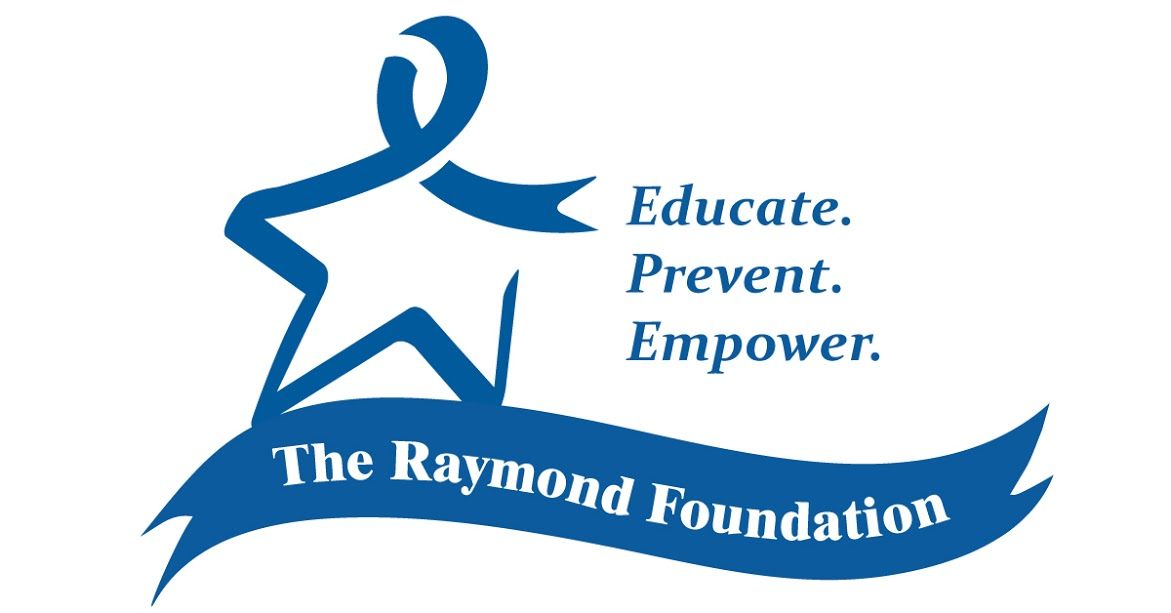
Lifting the Burden: How the Raymond Foundation Helps to Support Caregivers

Gastrointestinal (GI) cancers remain a serious issue and places a major burden on both the patient and their caregiver.
Gastrointestinal (GI) cancers remain a serious issue and places a major burden on both the patient and their caregiver.
As part of the GI Cancers Alliance (GICA), formed in 2015, the Raymond Foundation aims to help people with GI cancers by providing them and their caregivers with support.
CURE sat down with Martha Raymond, executive director of GICA and founder of the Raymond Foundation, at the 2019 American Society of Clinical Oncology (ASCO) Annual Meeting to discuss the organization and resources available for caregivers.
CURE: Can you provide a brief history of the Raymond Foundation?
Raymond: The Raymond Foundation was founded over 30 years ago in honor of my parents, Margaret and Patrick Raymond, who both passed away from colon cancer when they were very young. And back when they were diagnosed, there were not diagnostic tests, there were not screening tests and there was really only one drug available at the time for patients, which was Fluorouracil (5-FU). So, we’ve come a long way in these 30 years with new treatment protocols for patients. And I’m very proud to say that, looking back to where we were 30 years ago to where we are now, we’ve made great strides. I know there are a lot of strides we still need to make to help patients, but again, just in my lifetime. There were not resources back then for patients, even patients (with cancer) in general, much less patients with colon cancer. So, we are looking forward to new growth and opportunities to help both the caregiver and the patient.
What are the new cancer care initiatives?
We’re very proud of the Raymond Foundation to have launched the first caregiver action plan. And what that is, it’s really a roadmap for cancer caregivers for all disease states to let them know basically, they are not alone and let them know the tools they might use to help them. Because, as we all know, being a caregiver is very difficult because they want to be strong for the patient, but at the same time they need to take care of their own needs, which is very difficult for care givers.
What we provide is information, both on our website and in a downloadable form, so that caregivers will have an actual tool kit, an actual guide to let them know they’re not alone, let them hear stories from other caregivers, what they’ve experienced, that they might learn from lessons from other caregivers. And we’re excited as we continue the launch of our action plan that we’ll go into In-depth programing for newly diagnosed patients, all the way through palliative care and even into a hospice care situation. So, I think we will provide caregivers and patients you know a road map through the whole care continuum.
Can you expand a little on the cancer caregiver action plan?
Our cancer caregiver action plan is available for free. It is on our website at theraymondfoundation.org and also available in print copies if individuals want to take the actual copy to their oncologist's office, share it with a patient, or even share it in support groups. We’ve learned a lot that caregivers are taking the plan, they’re sharing it, they’re learning from it. And one of the wonderful parts, I think, of the care plan is that it provides a journal as well. So that caregivers can really journal their experience and keep notes about the care continuum with the patient.




